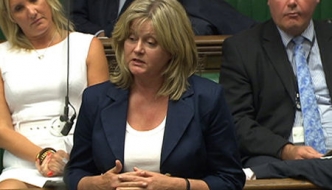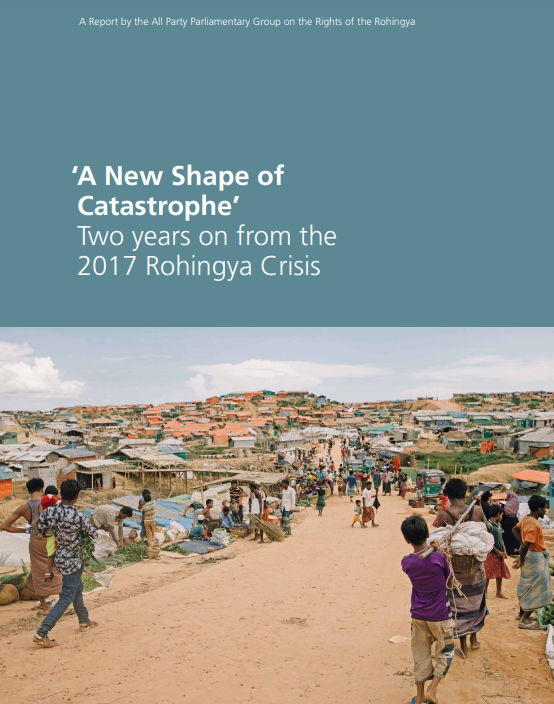Anne Main calls for 'kitemark' for garments
Anne Main calls for a kitemark for garments to reassure consumers that garments have been produced ethically through a supply chain that does not use people who work in bonded workshops or sweatshops or who are badly treated and not paid a fair wage for a fair day’s work.
In September 2013 Anne led a led a delegation to Bangladesh. The report of the delegations finding can be viewed here. | After Rana Plaza
Mrs Main: It slightly confuses the matter if the hon. Lady tries to bring secondary ticketing within the scope of the Bill. That is more about how touts get hold of tickets, rather than what people choose to pay should they buy a ticket from a secondary ticketing market. It would confuse the Bill’s good intentions if she tried to drag all that in.
Stella Creasy: I think the hon. Lady does not quite recognise that a contract involves both a vendor and a purchaser, and the terms of a contract can apply to both.
...
Mrs Main: My hon. Friend is making a powerful point. On education, many students are not aware of how little time they will have in lectures or interactive courses when they apply for degrees. Expanding transparency to what exactly students are purchasing when they take a course might be helpful.
George Freeman: My hon. Friend, as ever, makes an extremely interesting and shrewd observation.
...
Mrs Main: On supply chains and consumer rights, my hon. Friend might be aware that the all-party group on Bangladesh visited that country last September to look into the Rana Plaza collapse. One thing that came out of our report was the suggestion that consumers should be able to identify whether garments have been produced ethically through a supply chain that does not use people who work in bonded workshops or sweatshops or who are badly treated and not paid a fair wage for a fair day’s work. That is the driving force. I know the Minister is considering a kitemark for garments so that people can be reassured.
George Freeman: My hon. Friend makes another excellent point. If we are to seize the benefits of globalisation and embrace our potential to play a role in those emerging markets, we could help set in place a framework in which citizens of the globe can buy products from the global supply chain confident that they are not supporting sweatshops or irresponsible capitalism. That is a deeply inspiring and progressive purpose for this country in the next cycle of growth around the world.

DISSOLUTION OF PARLIAMENT
Watch: Anne Main, chair of the All Party Parliamentary Group on Bangladesh, talks about the Rohingya crisis and urges support for @DECappeal pic.twitter.com/FFL0lq8O0A
— DFID (@DFID_UK) October 12, 2017

